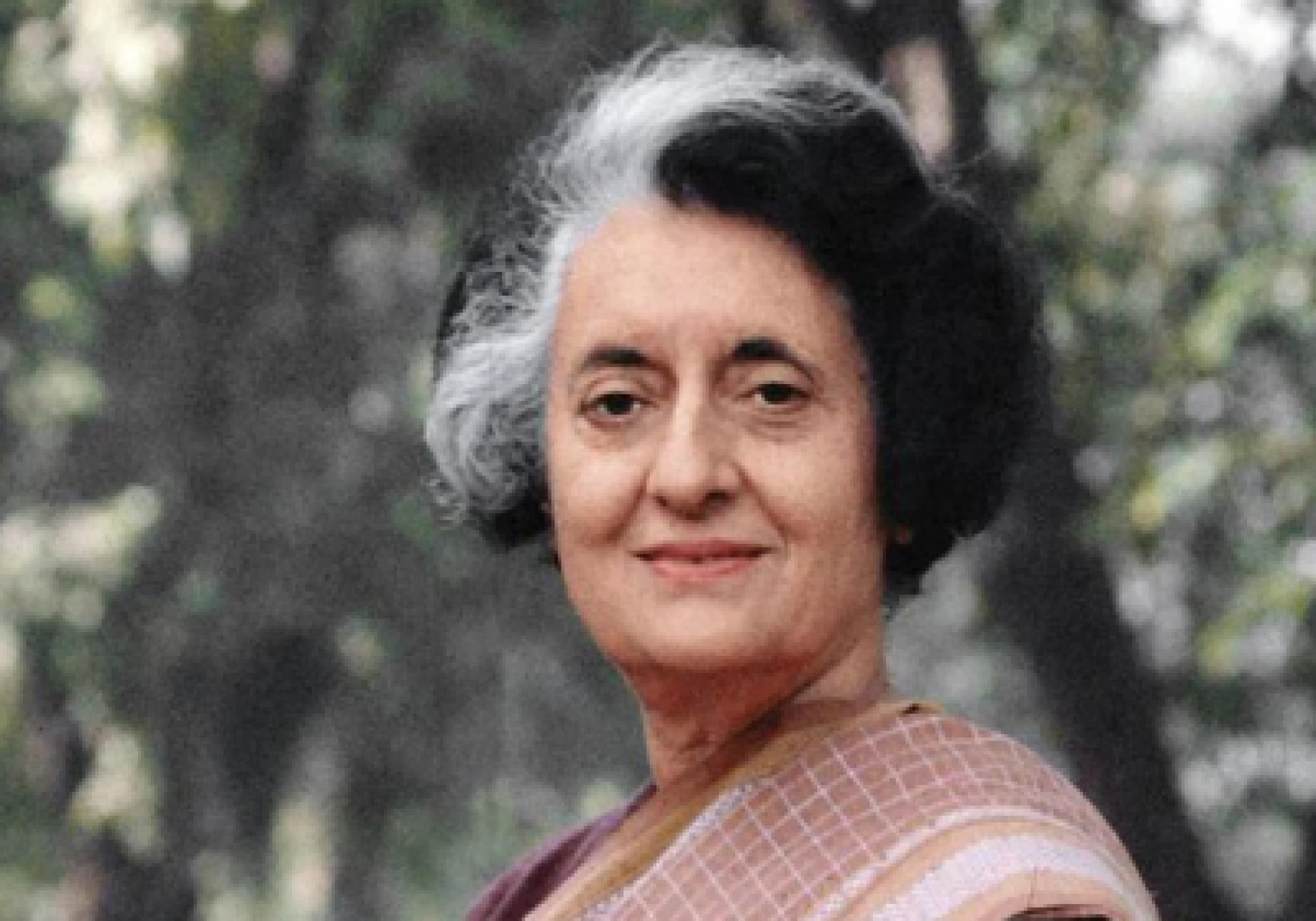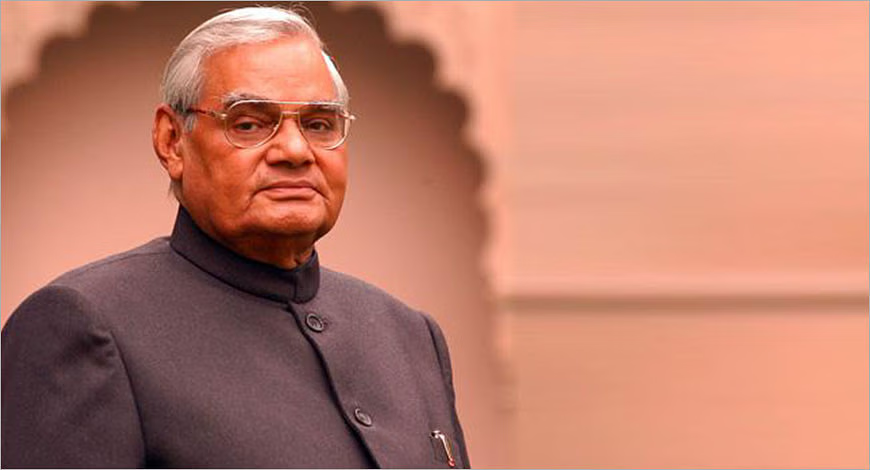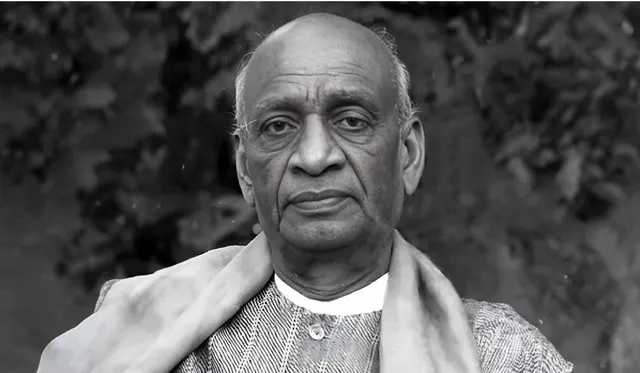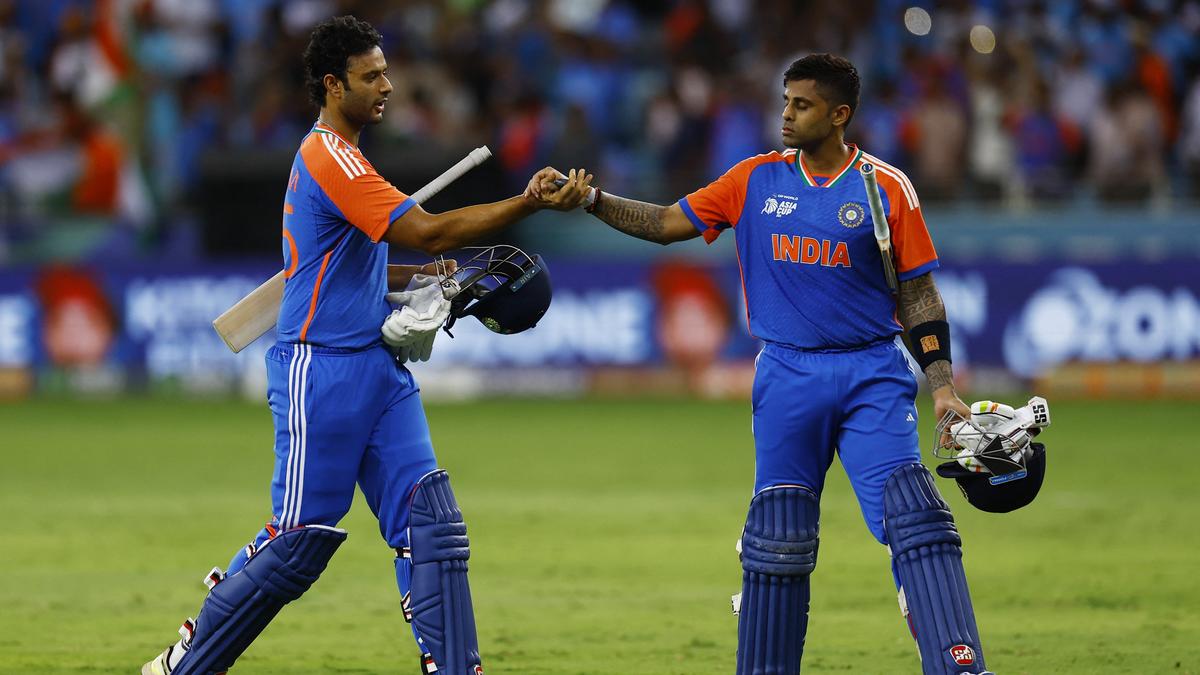Raj Thackeray Biography: Life, Political Journey, Achievements, and Legacy
Introduction
Raj Thackeray is a prominent Indian politician and the founder of the Maharashtra Navnirman Sena (MNS). Known for his charismatic oratory, bold personality, and strong regionalist views, Raj has established himself as a significant force in Maharashtra politics. A nephew of the late Shiv Sena founder Bal Thackeray, Raj carved his own path by forming MNS in 2006. The Raj Thackeray Biography reflects the journey of a powerful speaker and leader who has left a lasting impact on state politics with his fiery speeches, street politics, and mass connect.
Personal Information
- Full Name: Raj Shrikant Thackeray
- Date of Birth: 14 June 1968
- Birthplace: Mumbai, Maharashtra, India
- Nationality: Indian
- Zodiac Sign: Gemini
- Spouse: Sharmila Thackeray (daughter of Marathi cinema actor Mohan Wagh)
- Children: Amit Thackeray (son), Urvashi Thackeray (daughter)
Physical Appearance
- Height: 5 feet 9 inches (175 cm)
- Weight: Approx. 75 kg
- Hair Color: Black
- Eye Color: Black
- Build: Average
Early Life and Childhood
Raj Thackeray was born into the influential Thackeray family of Mumbai. His father, Shrikant Thackeray, was the younger brother of Balasaheb Thackeray. From an early age, Raj was exposed to politics and Marathi cultural movements. His upbringing in Mumbai gave him firsthand experience of the challenges faced by Marathi people in the rapidly urbanizing city.
Education
- Completed schooling in Mumbai.
- Studied at Sir J. J. Institute of Applied Art, where he developed a keen interest in cartoons and caricatures.
- Passionate about art, music, and cinema, which influenced his creative and cultural outlook.
Entry into Politics
- Initially groomed by his uncle Bal Thackeray, founder of Shiv Sena.
- Became active in Shiv Sena’s youth wing and quickly rose as a prominent leader.
- Known for his fiery speeches and youth appeal, many saw him as Balasaheb’s political heir.
- Differences in leadership succession within Shiv Sena eventually led him to chart his independent political journey.
Formation of MNS
- In 2006, Raj Thackeray broke away from Shiv Sena and founded the Maharashtra Navnirman Sena (MNS).
- Positioned MNS as a party focusing on the rights of Marathi manoos (sons of the soil).
- Gained popularity with his campaigns against North Indian migrants in Maharashtra, stirring strong debates nationwide.
- MNS became a significant third force in Maharashtra politics, especially in urban areas like Mumbai, Pune, and Nashik.
Political Journey and Role
- 2009: MNS made a strong debut in Maharashtra Assembly elections, winning 13 seats.
- Played kingmaker in several local bodies by splitting the Marathi vote between Shiv Sena and MNS.
- Known for taking bold stances on infrastructure, hawkers, toll plazas, and language issues.
- Has maintained strong influence in Mumbai civic politics despite fluctuating electoral fortunes.
Major Achievements
- Built MNS as a recognized political party in Maharashtra within a short span.
- Effective orator, widely admired for his speech delivery, humor, and Marathi pride.
- Played a role in highlighting urban governance issues in Mumbai and Pune.
- Known for his impactful campaigns on hawkers, illegal constructions, and toll taxes.
Challenges and Criticism
- Criticized for aggressive politics and violent protests by MNS workers.
- Accused of promoting regionalism and divisive politics, especially targeting North Indian migrants.
- Electoral performance has been inconsistent, with decline after 2014 elections.
- Struggles to expand MNS influence beyond urban strongholds.
Personality and Leadership Style
Raj Thackeray is admired for:
- Charismatic oratory and ability to connect with masses.
- Bold decision-making and aggressive political campaigns.
- Cultural sophistication, being an artist, cartoonist, and music lover.
- Supporters see him as a modern-day Bal Thackeray, while critics label him as controversial.
Legacy and Impact
The Raj Thackeray Biography reflects the story of a leader who stepped out of his uncle’s shadow to create his own identity in Maharashtra politics. Despite controversies, his oratory, cultural influence, and regional identity politics have kept him relevant. His legacy lies in shaping the discourse on Marathi pride, urban governance, and creating MNS as a platform for new political voices.





